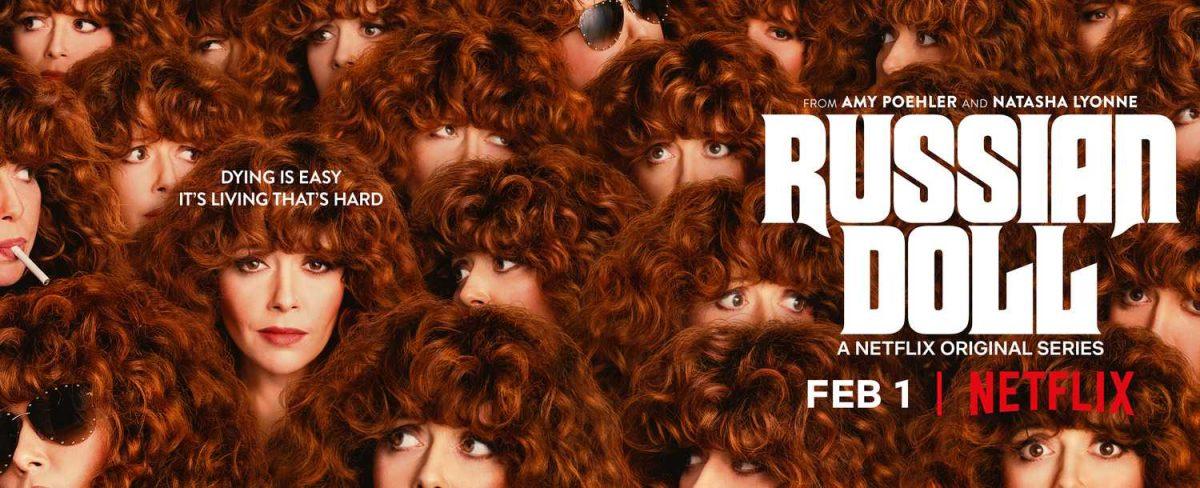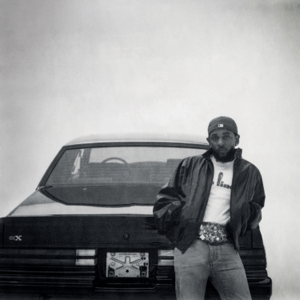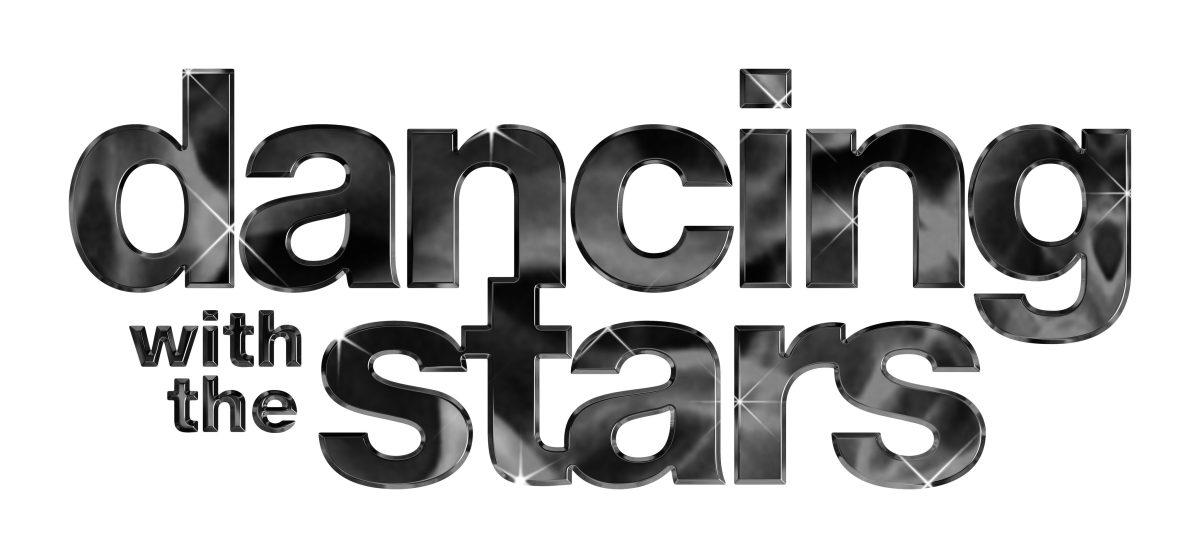Stars: 3.5/5
A woman is stuck in a time loop reliving her death day. Every time she dies in the loop, she is brought back in time. She sets out to find out why and how to stop it. No, this isn’t “Happy Death Day” I’m referring to, it is Netflix’s “Russian Doll.”
Nadia “Nad” (Natasha Lyonne) is a software engineer trying to cope with her 36th birthday at a party thrown for her by her friend Maxine (Greta Lee). At the party, Nad meets Mike (Jeremy Bobb), whom she leaves with. They venture into the local deli where Nad sees a very drunk guy that catches her attention, but is distracted by a group of drunk men asking for directions.
Nad has sex with Mike, then wanders off into the street after finishing her work. She sees her cat, Oatmeal, but is hit by a car while crossing the street to reach him. Nad wakes up back at the party as if nothing had happened. From then on, she discovers that she is stuck in a time loop where she dies within a day of the party and is brought back to the same moment.
Nad sets out to figure out what’s happening and how to stop it, meeting Alan (Charlie Barnett) along the way, the drunk man at the deli who is also stuck in a time loop.
I expected the show to be a dragged-out version of “Happy Death Day.” The plot itself is considered a classic sci-fi/fantasy construct (reads: overdone). However, the show stood out from the lot with the unconventional details added to the burnt-out storyline. It takes on a dark comedy tone rather than that of the slasher film. Nad dies is whimsical, sometimes-comical situations, some of which a result of her own carelessness.
The addition in each loop of new, quirky characters played by renowned guest actors also added a twist to the show. Ruth, (Elizabeth Ashley) a therapist and family friend who raised Nad after her mother was deemed unfit, was particularly enjoyable as the quasi voice-of-reason in Nad’s life. Despite appearing in only one episode, Nad’s mom, (Chloë Sevigny) added conflict and depth to the story with her troubling behavior that alluded to an underlying mental illness.
Lyonne plays the cynical, self-absorbed Nad so well it feels like she’s done it before, which she has, for six seasons. Nad is essentially a more polished version of Lyonne’s “Orange is the New Black” character, Nicky Nichols. While Nad differs from Nicky in that she survived a troubled childhood to become a successful woman, I found it hard to discern Nad’s personality form Nicky’s. They also both partake in the same recreational habits. I can describe both with the same qualifier — high-functioning maniac.
Nad’s style as well as several parts of the show seemed like details taken from the ’80s and transplanted to millennial New York. Nad’s friend Maxine herself is too unconventional to attribute to any one era, which is apparent in the design of the almost alien-like bathroom door at the beginning of each loop.
Alan was an inventive twist to the story. It was particularly refreshing that his character didn’t seem to add much romance to the show but rather, more loneliness and despair. Alan goes through his loop desperately trying to get back together with his girlfriend Beatrice (Dascha Polanco) only to realize the relationship had been dead for a long time.
Something that is unequivocally amazing is the show’s soundtrack, which features a compilation of indie songs, some of which gave me major “Breakfast Club” soundtrack vibes. The tune that accompanies the beginning of Nad’s loops is “Gotta Get Up” by Harry Nilsson.
In essence, the show is the existential crisis of Nad. It also satirizes the sameness of everyday life and how, with one simple action, we can change not only our lives but someone else’s, as seen in the ultimate effect both Nad and Alan have in each other’s lives.







